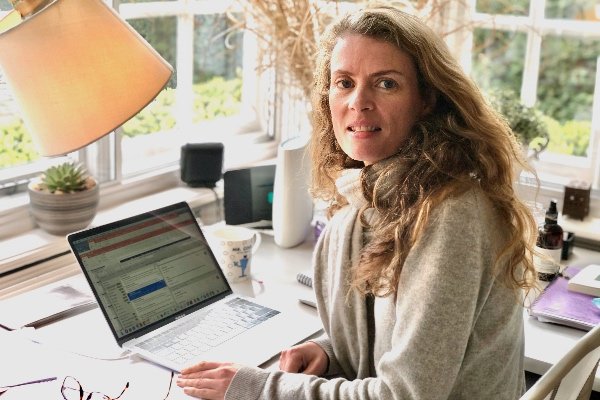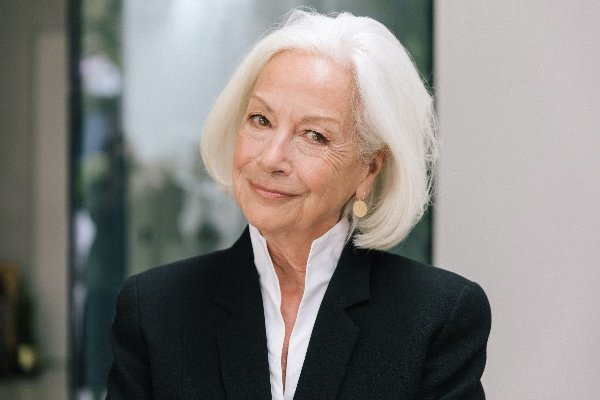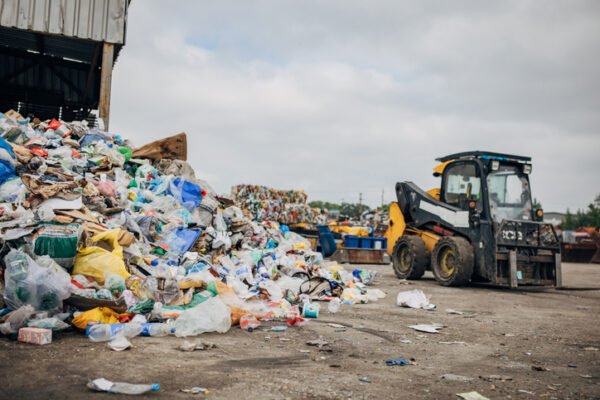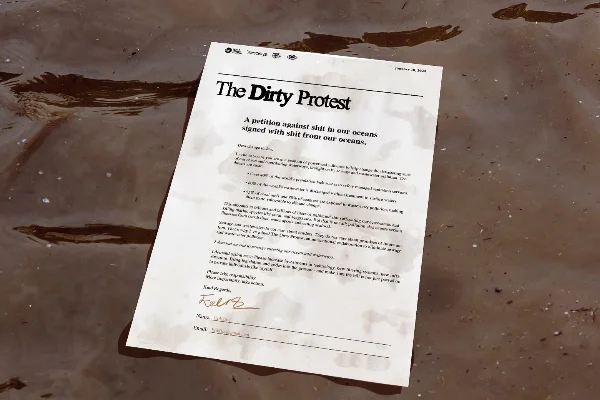Imagine two armies lining up for a make-or-break battle in a civil war. Envisage a group of financiers, worth hundreds of billions, most of whom want a certain side to win.
They mostly watch from the sidelines. Yet if their favoured side loses, the winning side can be relied on to wipe out their investments and the causes they finance.
This is the situation of the world’s philanthropic foundations when it comes to climate change.
Predictions — by Jeremy Leggett
The make-or-break battle that began with the UN secretary-general’s climate summit in New York in September ends with a climate summit in Paris in December 2015. The combatants can be thought of, simplistically but usefully, as the armies of clean energy and carbon energy. If the clean guys win, an existential threat to stable societies — global warming — is held at bay. Probably. If the carbon guys win, global warming escalates to dire global overheating. Definitely.
‘Last chance’ to save civilisation
The world’s foundations, which manage endowments worth hundreds of billions of dollars, generally support a clean-energy future. Some actively fund that side — but mostly using only the annual interest on their investments. They hope somehow the battle will be won on that budget alone.
The foundations tend to fund environmental prizes. They see it as their core mission to reward champions fighting for a sustainable future. And 160 of these prizewinners, from 46 countries, have reminded foundations and philanthropists in an appeal published in the International New York Times that the Paris climate summit ‘may be the last chance to agree a treaty capable of saving civilisation’.
Where to invest
The foundations are not short of options to fund a decisive battle against global warming. First, they can stop investing in carbon fuels. Some already have. Others will doubtless follow. They will not be alone. Big pension funds have begun to divest. So have universities and colleges. So have cities. The churches have joined in. So too doctors. The global divestment movement is beginning to look like the anti-apartheid campaign revisited.
Second, if they prefer, foundations can stay invested in carbon-fuel companies, so long as they put pressure on the oil, gas and coal industries to end their quest to find and develop reserves in ever more extreme and costly ways.
Again, they would not be alone. Investors are beginning to appreciate that higher-cost carbon projects, such as Arctic oil drilling, tar sands and even much-vaunted shale gas and tight oil, increasingly look like terrific ways for energy companies to waste money.
Ask Shell why its investors have been so troublesome of late. Could it be because the oil giant has lost billions in shale, fallen foul of a monster deviant oilfield in Kazakhstan (Kashagan, otherwise referred to by Shell executives as Cash-all-gone), crashed a drilling rig on Alaskan rocks on their first outing exploring for Arctic oil, and so on?
 Play Video about This Rock Might Just Save The World
Play Video about This Rock Might Just Save The World Play Video about Play 2 hours of rock
Play Video about Play 2 hours of rock Play Video about Play 2 hours of brook
Play Video about Play 2 hours of brook Play Video about Play 2 hours of sheep
Play Video about Play 2 hours of sheep











































